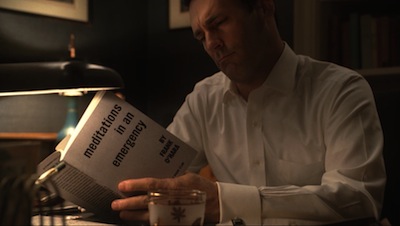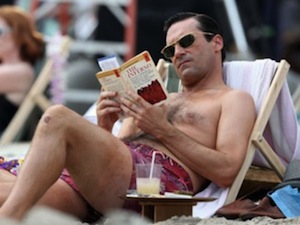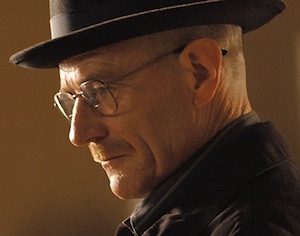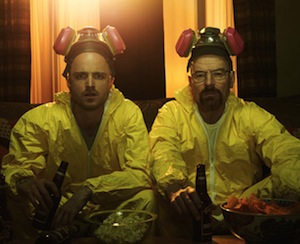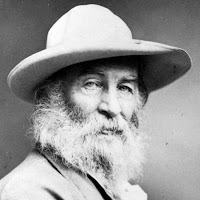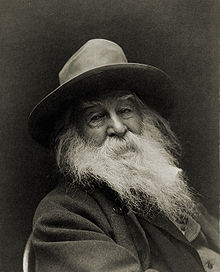
The January 2013 issue of PMLA has a pretty cool article ("Whitman's Children") by Bowdoin College English Professor Peter Coviello that takes as its starting point a couple of babies born after the U.S. Civil War that were named Walt—a nominal tribute that two veterans paid to Walt Whitman after receiving Whitman's care during the war.

This is suggestive, Coviello argues, because while Whitman didn't have any biological children, the pair of baby Walts bearing his name should prompt us to think about the nature of reproduction and parenthood more generally and especially about the model of "queer generation" that Whitman—as a surrogate parent to the men he nursed and as the baby Walts' namesake—might have imagined. During a war that split a nation and its families—pitting North against South and brother against brother—Coviello wonders if Whitman worked in his writing and caregiving to "restore carnality, in its world-making force, to family and especially to parenthood" as a way to produce the future, or to at least "wonder...if a future can be something you parent, with and through sex but not heterosexual reproduction." Embodying the roles of lover, brother, father, mother, uncle and comrade—all roles that meet at the bedside that Whitman so frequently occupied while working as a nurse during the war—Whitman imagined a "sexually saturated sociability" that didn't police human tenderness or caregiving by making desire "the province of one exclusive set of attachments" but that, instead, turned sex into what Coviello calls "a mode of relation." In a time when the nation was "a nuclear family turned violently against itself," he argues, Whitman was after a "recast familial structure" as well as "the prospect of a mode of generation that is sexual, though not quite normatively heterosexual nor normatively reproductive."
